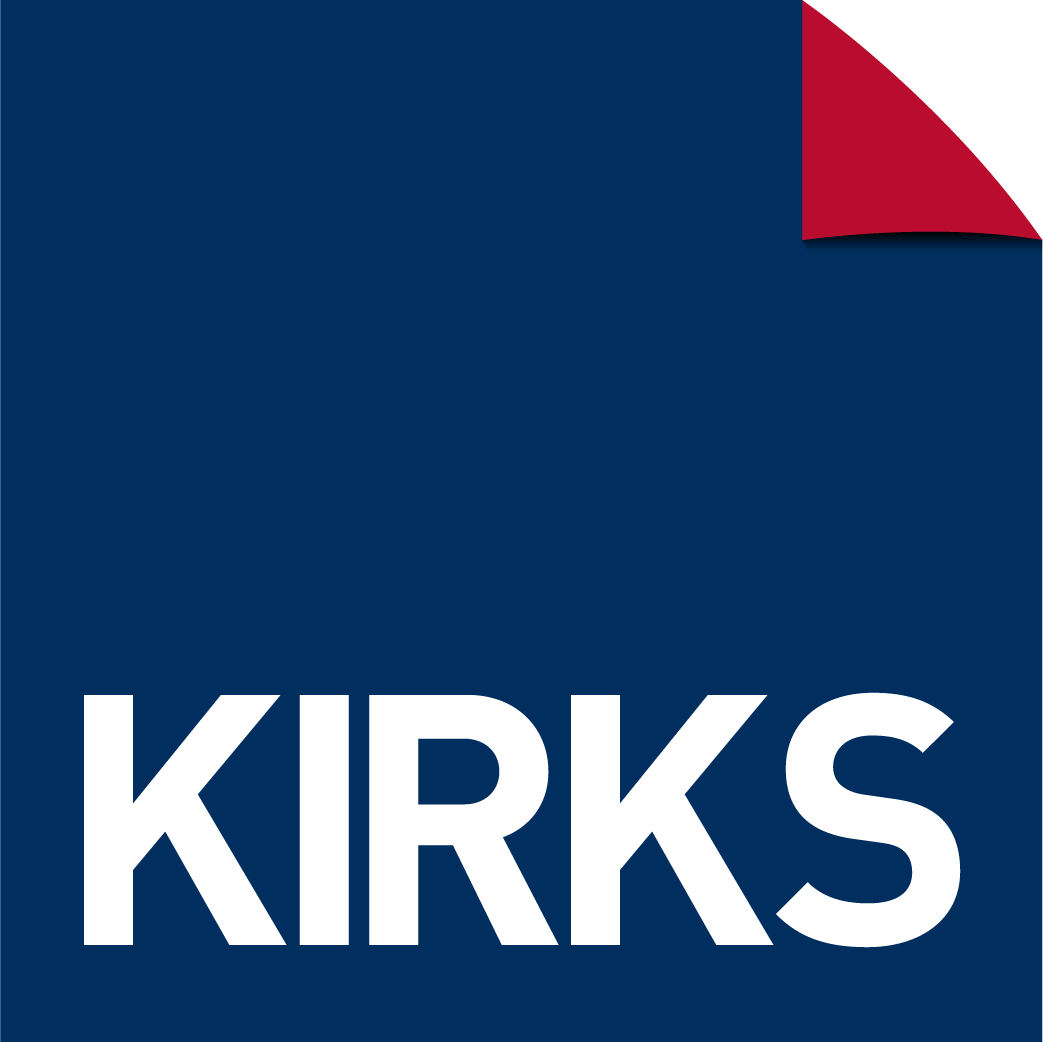The quick answer
The first issue for a club or society to find out is who is liable for the debts?
If the club/society is unincorporated (not a limited company) then the members are usually personally liable for all of the debts. If the club is run within a limited company then at least the debts rest with the company and not the individual shareholders (unless they have had to guarantee a debt).
The second issue is whether or not the club or society can be saved?
If not then it is usually closure and Liquidation. However, if it can be saved then the options maybe Administration (with the club or society sold on to new owners ) or a Company Voluntary Arrangement which can give up to five years to pay back some of the debt.
In more detail
In all cases, it is a good idea for the board or committee to get professional advice from a Licensed Insolvency Practitioner like us as soon as they are aware that there could be a problem (and that ‘problem’ is not being able to pay the debts in full or not being able to pay them as they fall due).
The typical scenario for a club or society is having different fractions of members who have very different and strong opposing views about how a problem situation should be managed and this can cause its own problems in trying to agree on a solution.
An example of this is a case we have dealt with recently regarding a Football Club. They thought that they could reform by being owned by a new supporters club and liquidate the old business until they realized that there were old debts that the club members were liable for including a brewery loan. In that case we helped negotiate a settlement with the brewery.
The really important point is that once the board or committee are aware that there is a financial problem they should take advice as soon as possible to protect themselves and make sure that they do not become personally liable for the debts by continuing to trade. The legislation covering wrongful and fraudulent trading is covered by section 213 and 214 of the Insolvency Act 1986.
The information we will ask you to get together to give you advice includes:
- the latest year end accounts.
- up to date management figures.
- an aged creditors list including bank loans and brewery loans.
- tax and vat liabilities.
- details of any assets.
- the current position on membership fees – are members paying in advance.



